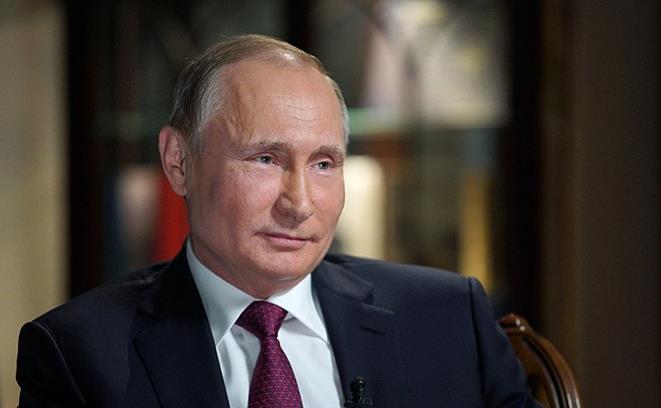In his latest Sputnik International interview, Srdja Trifkovic discusses the decision by a number of European countries, as well as the United States and Canada, to expel dozens of Russian diplomats over the Skripal case. Dr. Trifkovic was first asked for his overall assessment of the significance of this move.
ST: The overall impression is that rational discourse has given way to collective hysteria. It is indeed remarkable, the extent to which the retaliatory bandwagon has successfully started rolling while we don’t even have elementary answers to the questions concerning the case itself.
The second important and discouraging aspect is that continental European countries have duly followed the Anglo-American lead in Russophobia, and this represents a further triumph of the Atlanticist domination over Europe. It is remarkable that both Germany and France—the putative leaders of an independent European foreign policy—have been reduced to the status of automatic followers of the lead from London supported by Washington. Likewise, the initial round of sanctions in 2014 against Russia was dictated by the United States, which had nothing to lose in the proceedings, and to the detriment of most Europeans’ interests.
Overall I think that one, we have the hysterical phase of Russophobic discourse in the West which is not amenable to any rational arguments; and two, we have seen a successful degradation of European diplomacy to the status of pliant satellites comparable to East Germany and Bulgaria vis-à-vis [the late Soviet leader Leonid] Brezhnev.
Q: Do you think there was some classified evidence that was presented that proves beyond a shadow of a doubt that Russia was involved, or do you think that the fact that there are 11 countries who have not joined in the protest perhaps hints at the fact that this was not the case?
ST: First of all, I would say that President Putin, Foreign Minister Lavrov and others would not have made such categorical denials of Russian involvement if there was any possibility of a smoking gun, which could effectively show to the world that they were not telling the truth.
Secondly, it is always possible to present some equivocal evidence in the form that may hint at the modus operandi of intelligence agencies but nevertheless does not disclose outright secrets. We’ve seen that in the past. I don’t think that it would be possible for unequivocal confidential information to be disclosed to the diplomats and foreign ministers of all EU countries, as divergent as the 27 are, without risking the disclosure of methods and sources.
If you look at the countries which have taken measures against Russia, they almost read like who-is-who of those prepared to follow the U.S. lead. If you look at those reluctant to do so, including Austria, Slovakia, Cyprus, Greece, and others, we are looking at those which already have a more independent foreign policy. I don’t think it’s a reflection of the quality of actual intelligence, it is simply a reflection of the determination of decision-makers of those countries to preserve a modicum of independence.
Q: What would you say about the level to which the actions that were actually taken by individual countries, and the numbers game that’s being played? What do you think determined the number of expelled diplomats?
ST: Some of these countries are absolutely insignificant, like the Former Yugoslav Republic of Macedonia—which also expelled one Russian—and it’s just a pathetic non-country. On the other hand, in the United States, it is a matter of regret that President Trump’s initially stated intention to have detente with Russia has been subverted by the Deep State. It is a long story, but now we have reached the end of the road with the appointment of [Mike] Pompeo to State Department and [John] Bolton as the national security adviser.
We can look at Trump as the would-be drainer of “the Swamp” who has been swallowed by it. We are in for a long haul. I was in Moscow two weeks ago, and I am surprised that some of my Russian interlocutors are insufficiently aware of the animosity or endurance of the raw Russophobic sentiment that currently prevails among the Western elites, both political and academic, and in the media. It’s almost pathetic when some Russians still use the term “our Western partners,” because for partnership you need to have a modicum of mutual respect and trust—and these people really, seriously want to destroy Russia.
They want to delegitimize the Russian political system and process, as we have seen with the public commentary on President Putin’s re-election. They want nothing short of regime change, which would then lead to a permanent and irreversible change of Russia’s national character—and possibly the country’s partition along the lines advocated by the late Zbigniew Brzezinski. With these people “partnership” is impossible, and Russia needs to be prepared for a long and sustained period of confrontation.
[Image credit: Kremlin.ru]

Leave a Reply